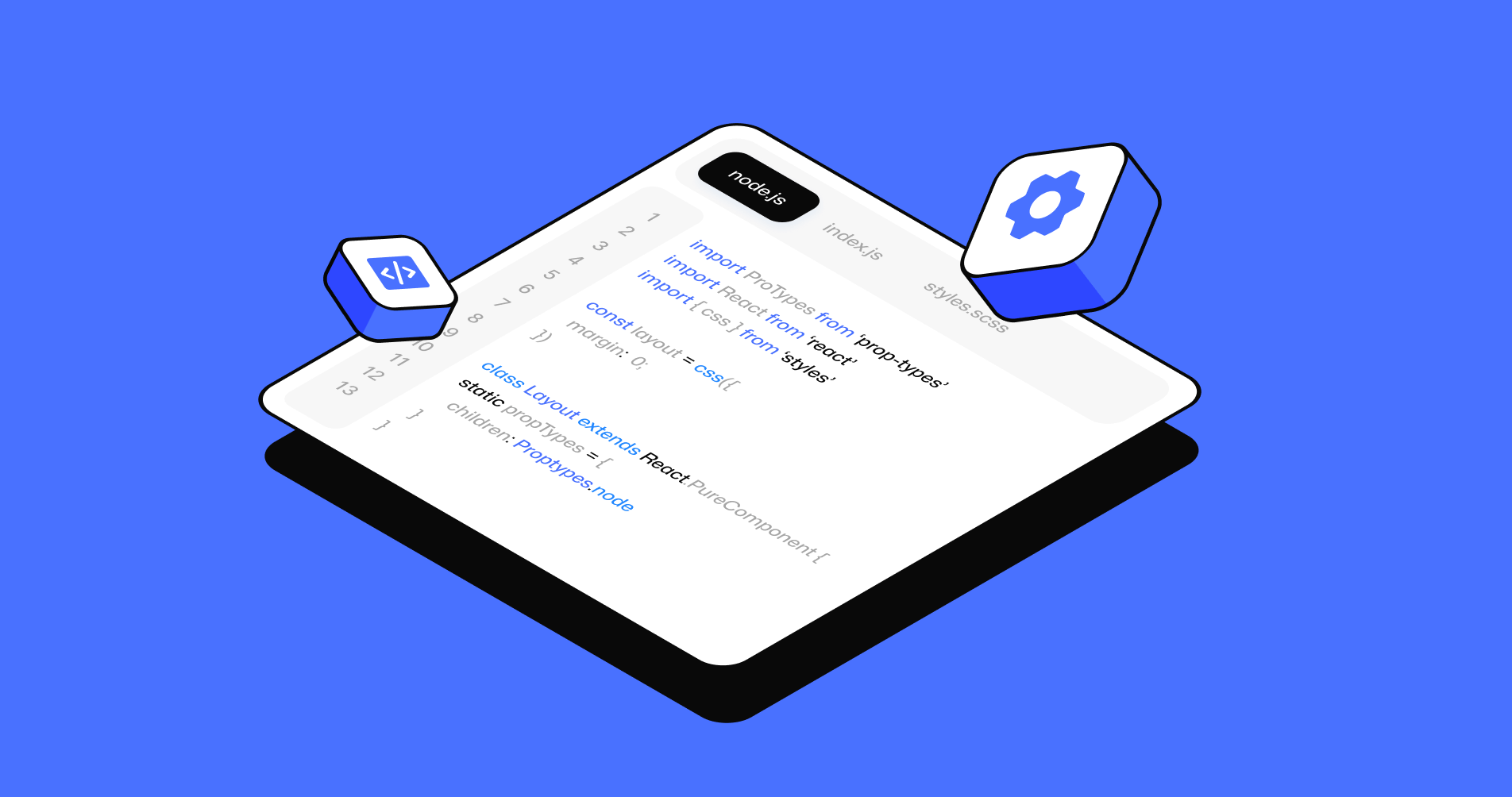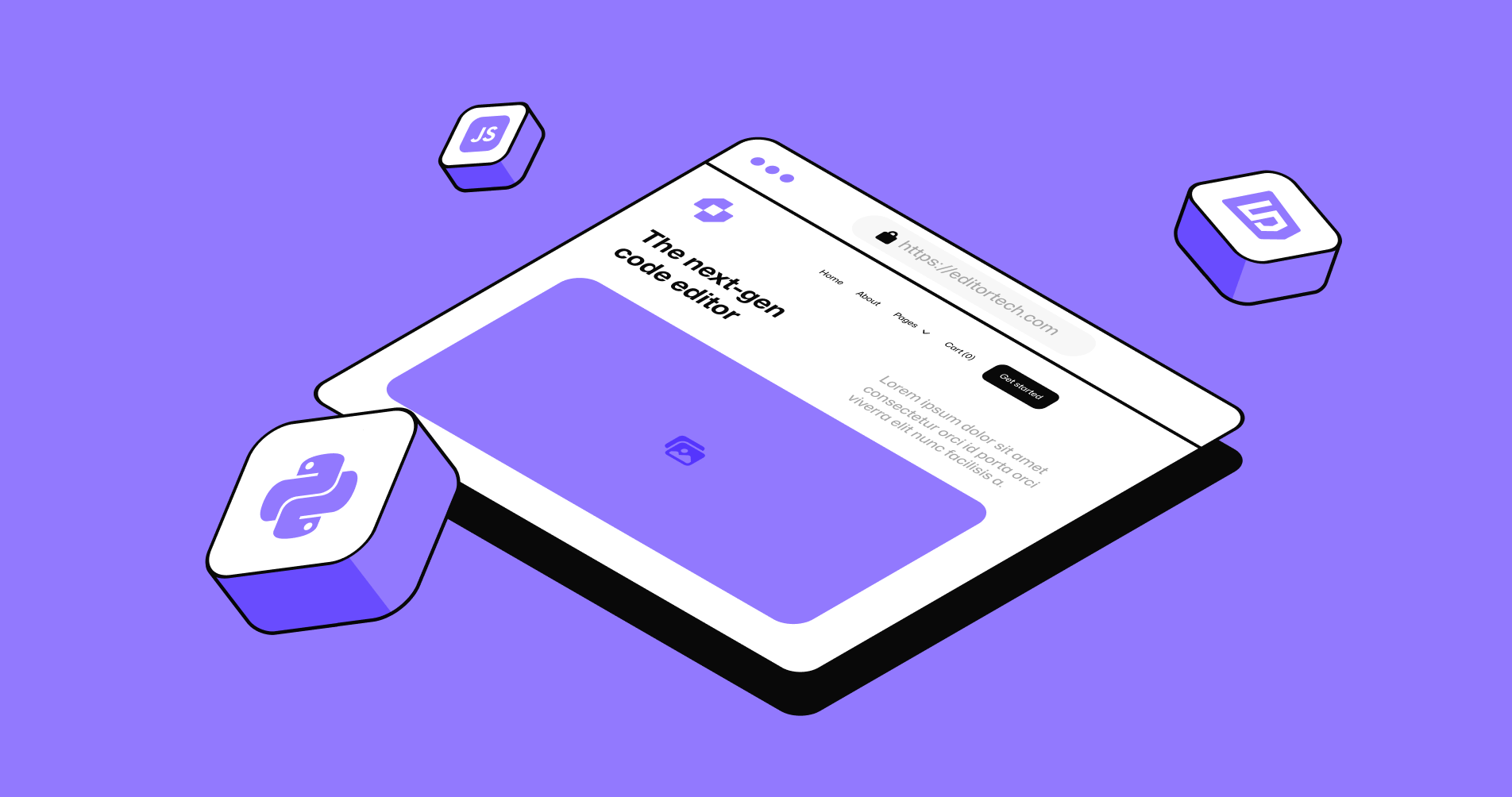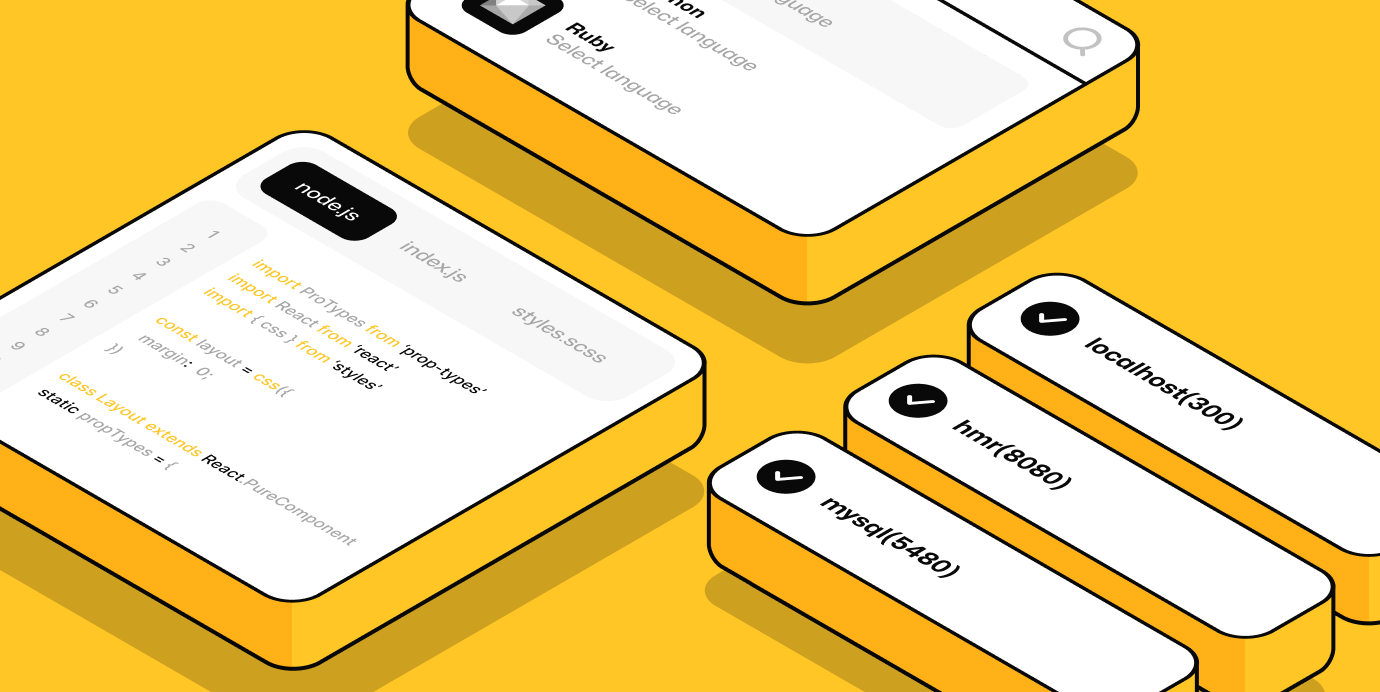
The conversation around AI has shifted from “someday” to “right now,” and nowhere is that more apparent than in AI market research and AI search marketing consulting. Brands hungry for faster, deeper insights are swapping lengthy surveys and sluggish focus groups for models that analyze millions of data points in minutes, anticipate consumer sentiment, and surface trends before they even hit the mainstream.
The result? A decisive edge over competitors still relying on yesterday’s playbook.
Why Traditional Methods Are Losing Steam
For decades, market research followed a familiar rhythm: draft a questionnaire, recruit panels, wait weeks for responses, then spend even more time crunching numbers. That cycle can still work—if your industry moves at the speed of molasses. But in categories where a TikTok trend can upend a product forecast overnight, those timelines feel prehistoric.
Compounding the problem, consumers are splintering across channels and devices, leaving mountains of unstructured data—tweets, reviews, voice searches—that slip right through the cracks of conventional research tools. Manual coding or basic spreadsheets can’t keep pace, and valuable context gets lost in translation.
How AI Supercharges Insight Gathering
By weaving together natural-language processing, machine learning, and predictive analytics, AI adds turbochargers to every stage of the research process:
- Always-on listening: AI scrapes social feeds, forums, and video transcripts around the clock, flagging fresh chatter about your brand or category the moment it surfaces.
- Sentiment at scale: Sophisticated language models score the emotional temperature of millions of comments, revealing the “why” behind a sudden spike in praise—or backlash.
- Pattern discovery: Algorithms spot correlations humans might miss, like the link between weather patterns and snack purchases or the way certain emojis foreshadow viral memes.
- Forecasting: Predictive engines crunch historical sales, media spend, and macroeconomic data to generate demand curves that update in real time.
- Automated reporting: Instead of wrestling with pivot tables, researchers receive dynamic dashboards that highlight anomalies and suggest follow-up actions.
The upshot? Teams move from data collection to decision in hours rather than weeks, freeing brainpower for higher-order strategy.
From Raw Data to Revenue-Driving Decisions
Speed means little if it’s not translating into market wins. The companies seeing the biggest lift don’t just plug in an AI tool and hope for magic. They weave AI insights directly into their go-to-market engine:
- Product development: Real-time feedback loops help R&D teams iterate packaging, flavors, or features before costly mass production.
- Dynamic pricing: Machine-learning models continuously adjust pricing based on competitor moves, search demand, and inventory levels.
- Content optimization: AI tracks which headlines, images, and calls-to-action resonate with micro-segments, guiding creative refinements on the fly.
- Media allocation: Predictive models pinpoint the channels most likely to convert specific audiences, preventing wasted ad spend.
Because the insights arrive fast, departments can pivot fast—turning research into measurable revenue improvements instead of dusty PDFs.
Building an AI-Ready Research Culture
Adopting AI isn’t just a software purchase; it’s a mindset shift. To squeeze maximum value from advanced analytics, smart organizations cultivate an environment where data curiosity thrives:
- Democratize access: Give cross-functional teams self-serve dashboards so insights aren’t bottlenecked with a single analyst.
- Upskill continuously: Pair data scientists with marketers and product managers for regular “show-and-tell” sessions, translating model outputs into everyday language.
- Celebrate quick wins: Spotlight examples where AI-driven tweaks lifted click-through rates, trimmed churn, or accelerated a product launch. Success stories fuel adoption.
- Govern responsibly: Implement guidelines for data privacy, bias audits, and ethical model use—trust is table stakes in an AI-centric operation.
Human Ingenuity + Machine Intelligence
Despite the hype, AI isn’t a silver bullet that eliminates the need for human researchers; it’s the high-powered microscope that lets them see what was previously invisible. Machines excel at parsing colossal datasets, but humans remain unmatched at framing the right business problems, interpreting nuance, and spotting cultural context that algorithms haven’t been trained on.
The most forward-thinking teams strike a balance: they lean on AI to handle the grunt work of data collection and preliminary analysis, then apply human intuition to validate findings, craft stories, and guide strategic decisions. That symbiosis allows brands to move with both speed and confidence—a combination competitors will find hard to replicate.
Final Thoughts
Market research is evolving from a rear-view-mirror discipline into a real-time GPS system, and the route is paved with artificial intelligence. Organizations that embrace this shift are already reaping the rewards: sharper consumer understanding, nimbler marketing moves, and a stronger bottom line.
Those who delay may soon find themselves reacting to marketplace changes they never even saw coming. AI isn’t just the future of market research—it’s the present. The sooner you integrate advanced analytics into your decision-making fabric, the sooner you’ll leave slower competitors in the dust.
Subscribe to our newsletter
Get regular updates on the latest in AI search





.png)


